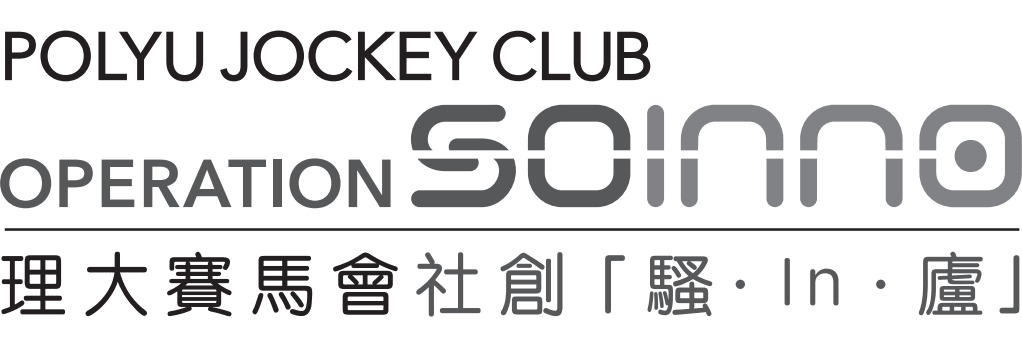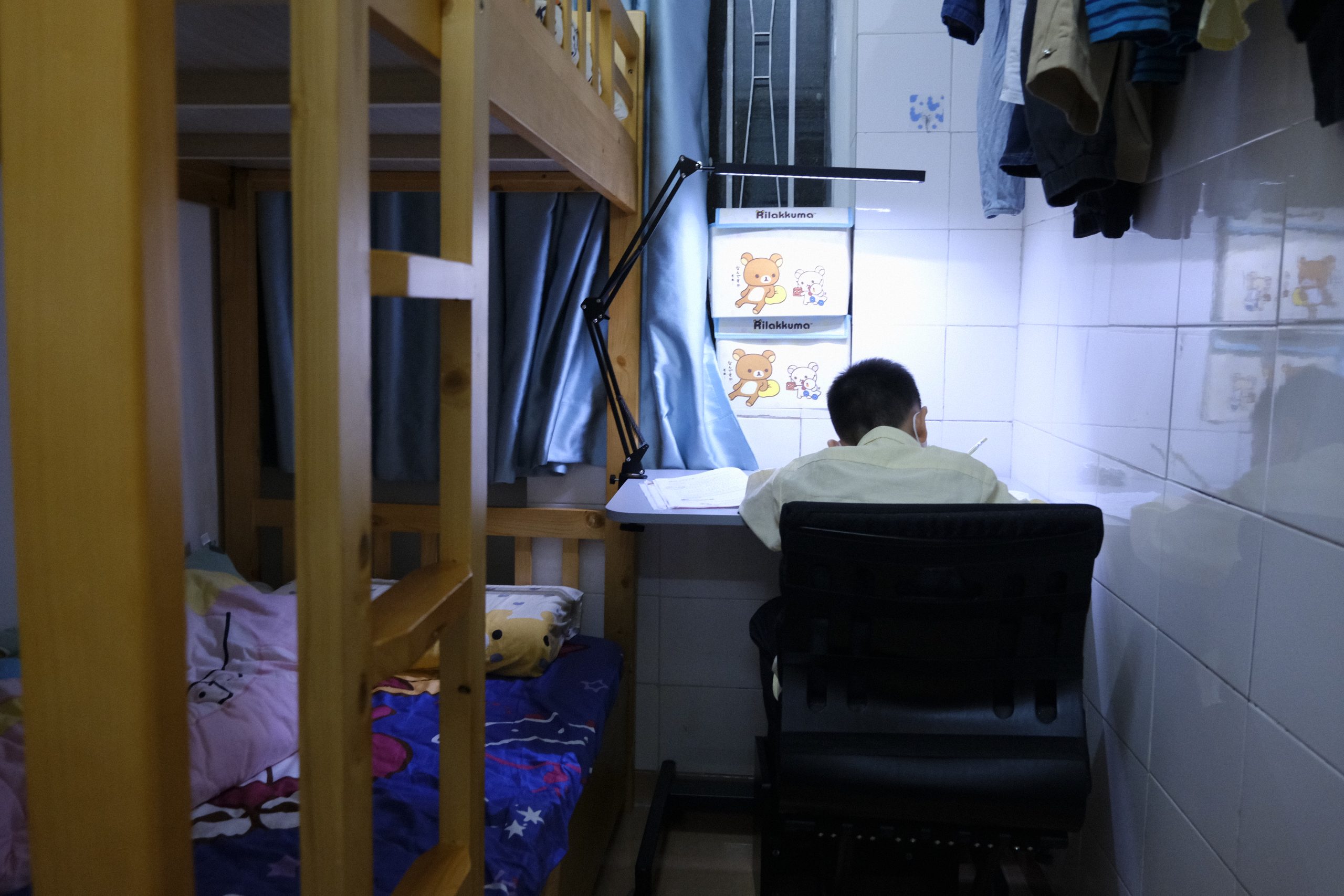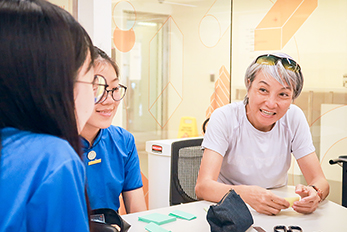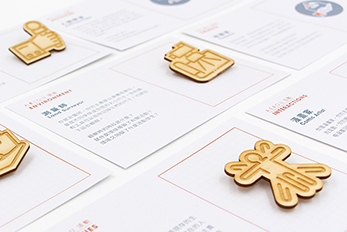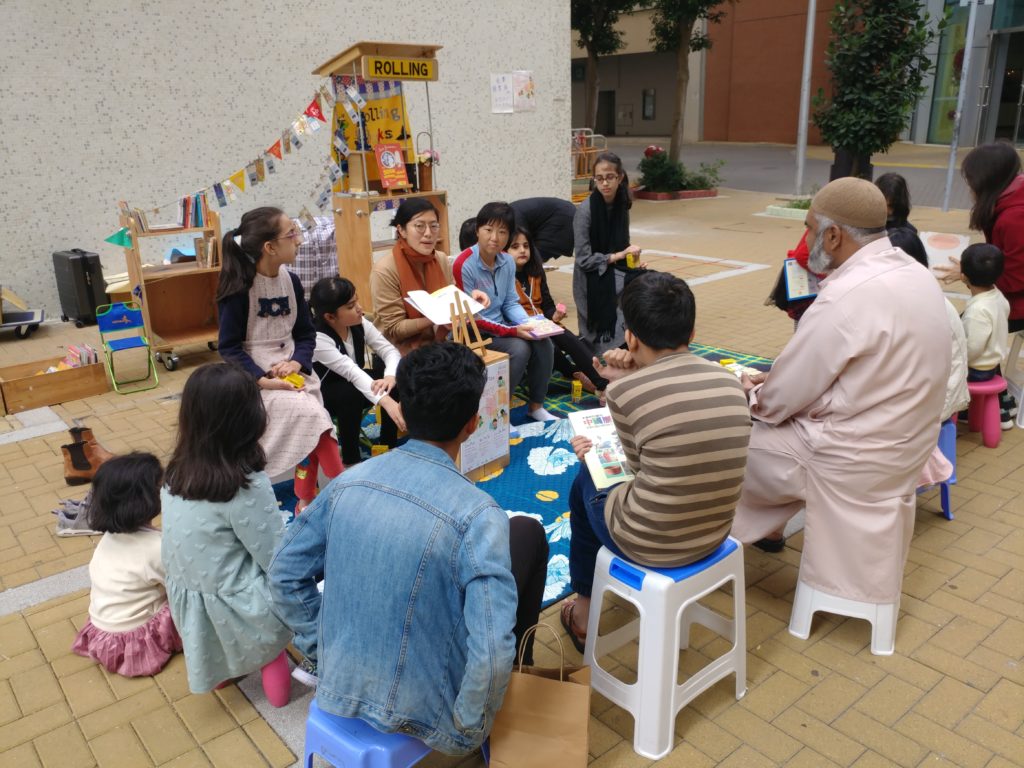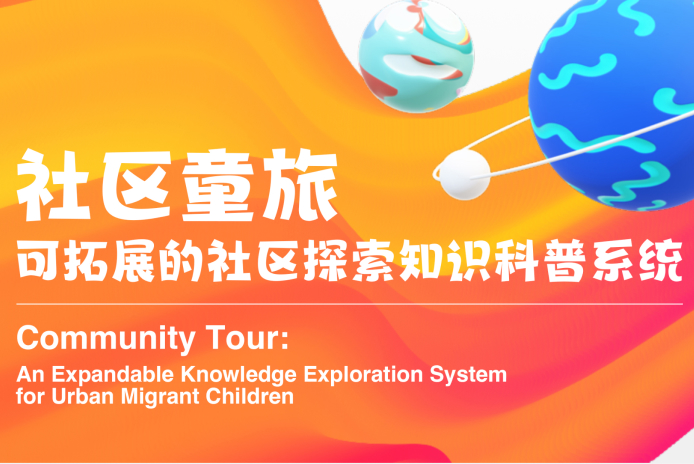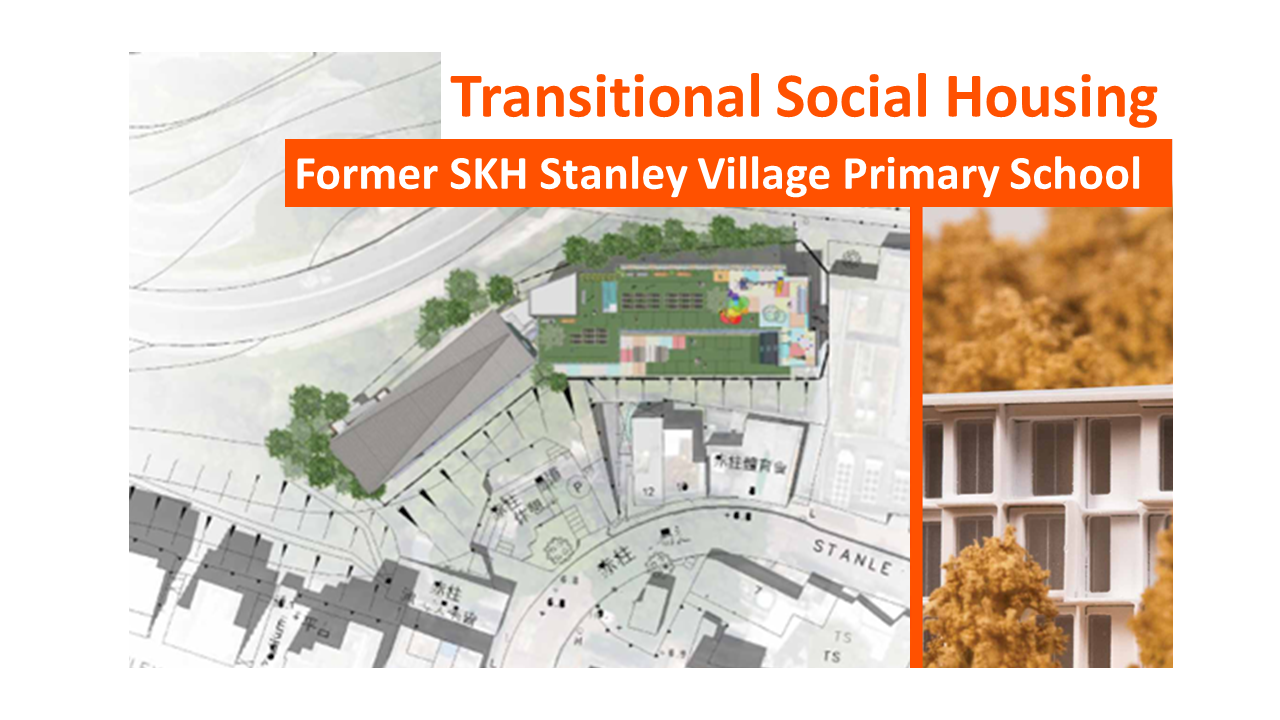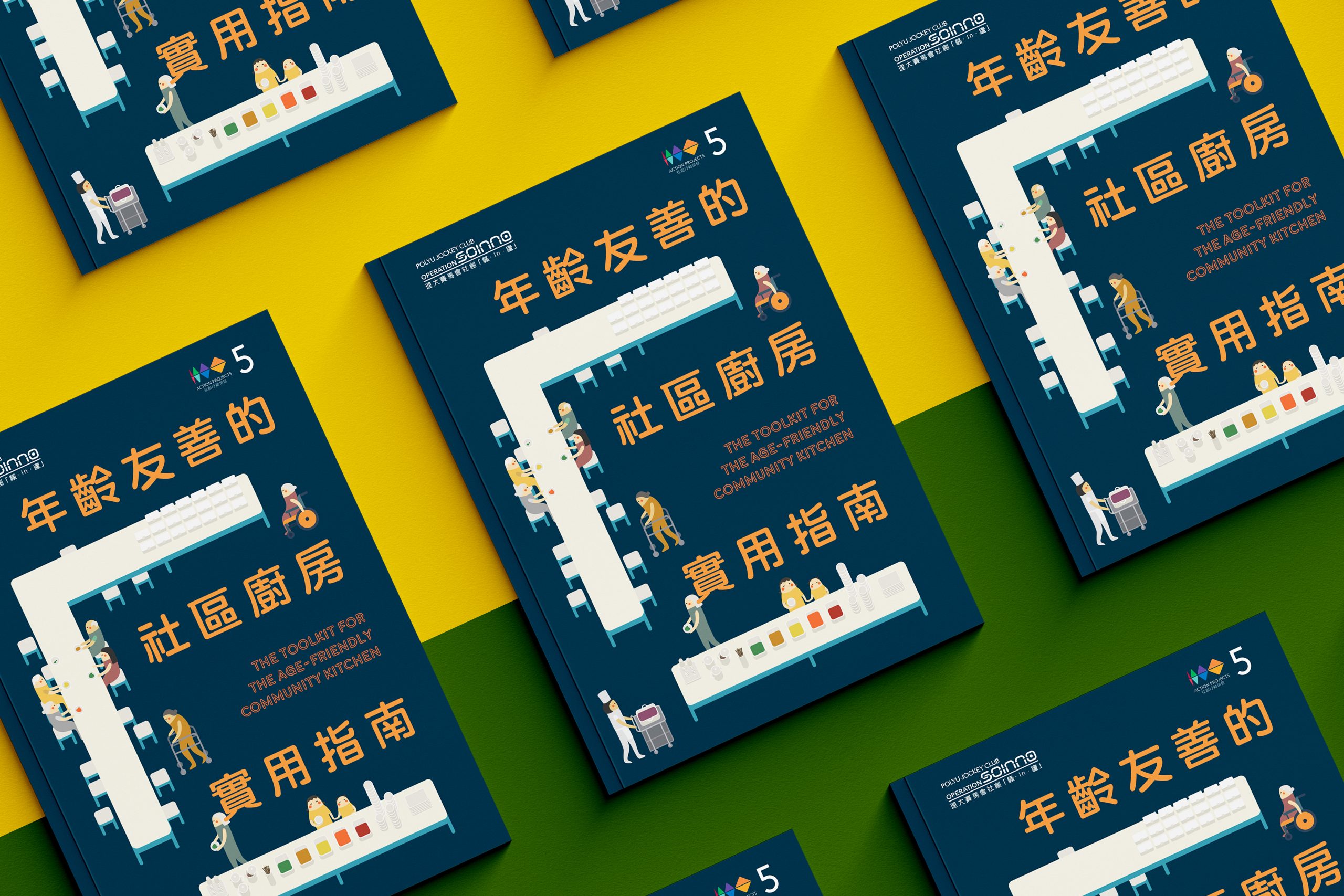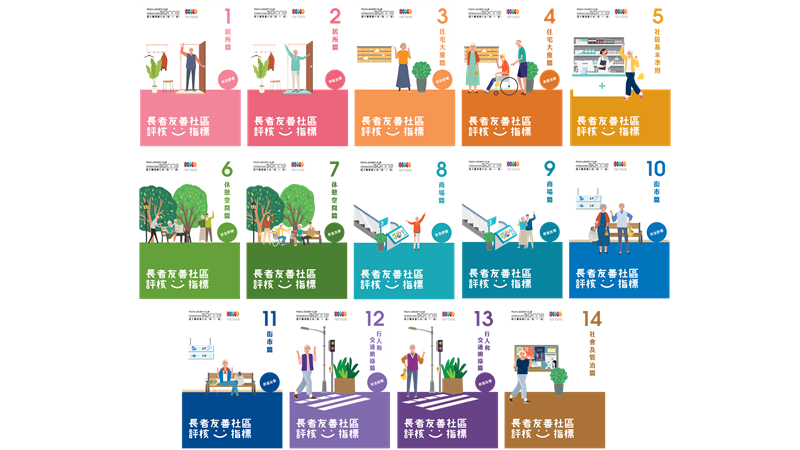Overview
According to the 2021 census data, over 210,000 people in Hong Kong live in sub-divided units (SDUs), which average only six square meters. This cramped and confined living environment poses various life challenges for residents. Many of these units are hidden within old buildings not originally designed for such use, often lacking windows, resulting in poor air quality, sunlight, and microclimate conditions. The unsanitary environment and lack of proper building management exacerbate the housing issues, severely impacting residents’ physical and mental health.
During the pandemic, children living in SDUs were forced to study and attend online classes in these cramped and poorly-lit spaces, which triggered vision problems like myopia and astigmatism. Most children lack dedicated study spaces, often doing homework laying on bed or using adult-sized furniture (such as folded tables and chairs), adversely affecting their learning, posture, and skeletal development.
In September 2019, the Hong Kong Jockey Club Charities Trust approached the Jockey Club Design Institute for Social Innovation (J.C.DISI) to explore potential solutions for improving the health and well-being of sub-divided unit residents, through cross-sector collaboration among academia, non-governmental organisations, professional bodies, general public, corporate and Government. Unlike other welfare schemes, J.C.DISI’s “Season 9: Children’s Well-being in Sub-divided Units” aims to develop early intervention social innovation plans to improve children’s health and well-being while addressing Hong Kong’s “double-ageing” problem ( ageing of population and ageing of building stock) and improvement strategies.
Outcomes
In the initial phase, the “Co-creation Workshop” successfully recruited participants from 17 organisations with inter-disciplinary backgrounds, including environmental architecture, spatial design, healthcare, community work, and academia. With the aid of five case examples demonstrated through simulated rooms and scale models, participants were able to foster their empathy through experiencing the challenges faced by sub-divided unit residents and proposing new solutions using design thinking approaches. The preliminary results laid solid foundation for the subsequent “One from Hundred Thousand” Social Innovation Symposium which greatly enhanced academic-community connections and knowledge dissemination, driving positive momentum for social support networks addressing sub-divided unit issues.
Building on the workshop’s results, J.C.DISI collaborated with PolyU School of Design (SD) and the Technological and Higher Education Institute of Hong Kong (THEi) to explore adaptive furniture designs based on the needs of children in sub-divided units. They identified six design considerations: sustainability, adaptability, ease of use, safety, functionality, and ergonomics or awareness enhancement. The project produced a furniture prototype set, followed by pre- and post-testing to validate the intervention’s effectiveness.
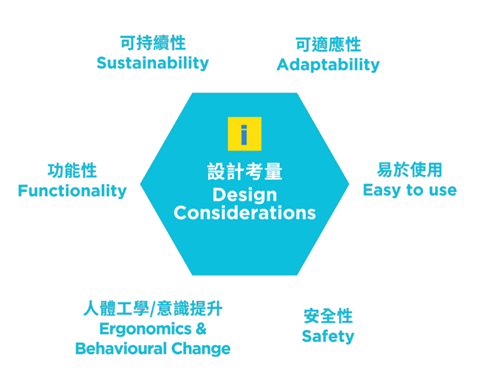
With generous support from Hongkong Land HOME FUND, the scale-up project “Furniture for Our Future” was launched in March 2022, aiming to design, manufacture and provide ergonomic study furniture to over 2,000 children aged 4-16 living in sub-divided units to improve their physical and mental health, learning environment and motivation, as well as upward social mobility.
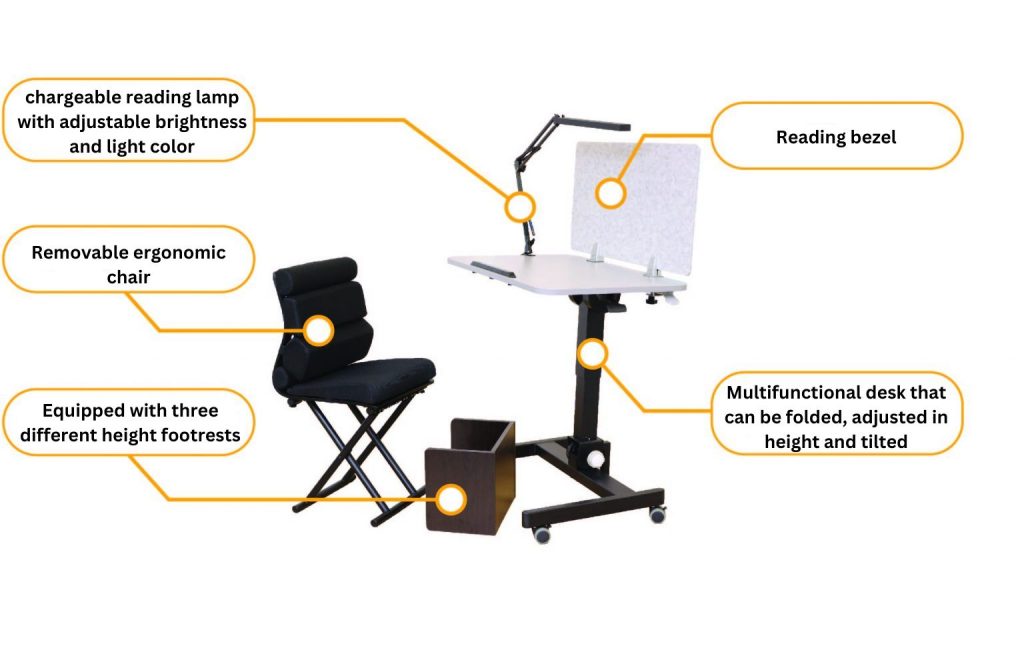
Preliminary assessments have shown that 92% of beneficiaries agreed that the addition of furniture improved their overall home learning environment, 88% of parents and children became more aware of vision and posture health, and 73% of children showed increased motivation to learn. One parent who resides at a rooftop flat in Kowloon City noted, “My three children used to fight over the folding table for homework, seriously affecting their learning progress and grades. The new furniture has provided each of them with a personal study space. They now sit comfortably at their desks after school, and their handwriting and grades have improved significantly.”
Process
Inspiration
J.C.DISI collaborated with three NGOs serving sub-divided unit residents (Caritas Community Development Service, The Salvation Army, Society for Community Organization) to analyse pain points in five areas: indoor air quality, privacy and personal space, nutrition and cooking, laundry and drying, and children’s study and play spaces. The design team conducted field research with The Salvation Army and arranged visits to three sub-divided units to understand their living habits and furniture needs.
Through field research and interviews, the team discovered multiple issues faced by children in sub-divided units, including poor posture due to lack of proper study and play areas, inadequate lighting leading to safety risks, and distractions. Due to space constraints, children couldn’t fully enjoy playtime or establish a consistent study routine, reducing their motivation to learn and subsequently affecting their academic performance and development.
Concept
The “Co-Creation Workshop” aimed to address the most common life challenges target service recipients face through promoting inter-disciplinary knowledge exchange and cross-sector collaboration. Participants from diverse backgrounds were divided into five co-creation teams to drive creative solutions using design thinking methods. After consolidating the pain points of each respective area, it was concluded that the lack of adequate learning space has imposed the most profound impact on children living in sub-divided flats. Poor learning posture and environment can easily trigger or exacerbate potential spinal and vision problems, leading to irreversible consequences towards children’s health and development. In light of this, the team came up with a hardware intervention strategy to provide quick improvement solutions for families living in sub-divided flats.
J.C.DISI closely collaborated with PolyU School of Design and the THEi co-creation team to further develop furniture prototypes based on evidence-based design. Additionally, the team sought professional advice from inter-disciplinary teams at PolyU and furniture manufacturers to further refine the furniture design. Through pre- and post-test research, they evaluated the effectiveness of the furniture improvement solutions in enhancing the spatial awareness, learning environment, and physical and mental health of children in sub-divided flats. Simultaneously, the team organised community workshops with families living in sub-divided flats and representatives from The Salvation Army to showcase the initial furniture concepts and collect immediate feedback from the residents to ensure that the design was tailored to SDU residents’ actual needs.
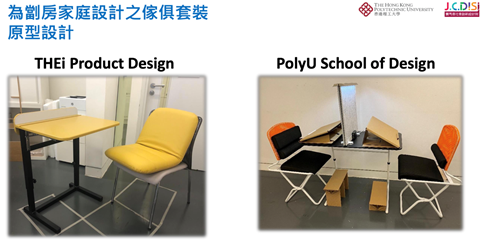
Implementation
With the official launch of the “Furniture for Our Future” project, the team took on the furniture prototypes designed earlier by School of Design as a blueprint and openly called for local furniture suppliers to provide scalable improvement solutions. After a comprehensive evaluation by a panel of professionals, the solution proposed by Flow Furniture Limited was eventually adopted. The team continued to coordinate between the panel and the manufacturer to refine the design into a scalable model.
The team actively expanded its community network, collaborating with 23 local community organisations and organising community introduction sessions in over 14 districts to connect with families living in sub-divided flats who were in need, and furniture sets designed to improve children’s physical and mental health and learning environment were delivered to beneficiaries’ doorsteps free of charge.
In addition to hardware support, the project also offered complementary software solutions, including health information integrated by experts from the Department of Biomedical Engineering (BME) and the School of Optometry (SO) at PolyU. These resources assisted children and their parents to prevent or detect health issues such as scoliosis, hunchback, and myopia early. Individual cases were provided with examination, follow-up, referral, and treatment services to ensure that children’s health problems were adequately and appropriately addressed. Furthermore, the Department of Applied Social Sciences (APSS) at PolyU also leveraged case studies from the project to analyse the impact of the pandemic on children’s learning motivation, aiming to understand the resilience of low-income families in adversity and propose further community response strategies.
Through analysing the characteristics of sub-divided flats in different districts and the needs of their residents and by encouraging cross-sector collaboration, the project advocates for developing more long-term and practical support programmes for sub-divided flat households while enhancing their overall health and spatial awareness, fundamentally addressing social issues.
